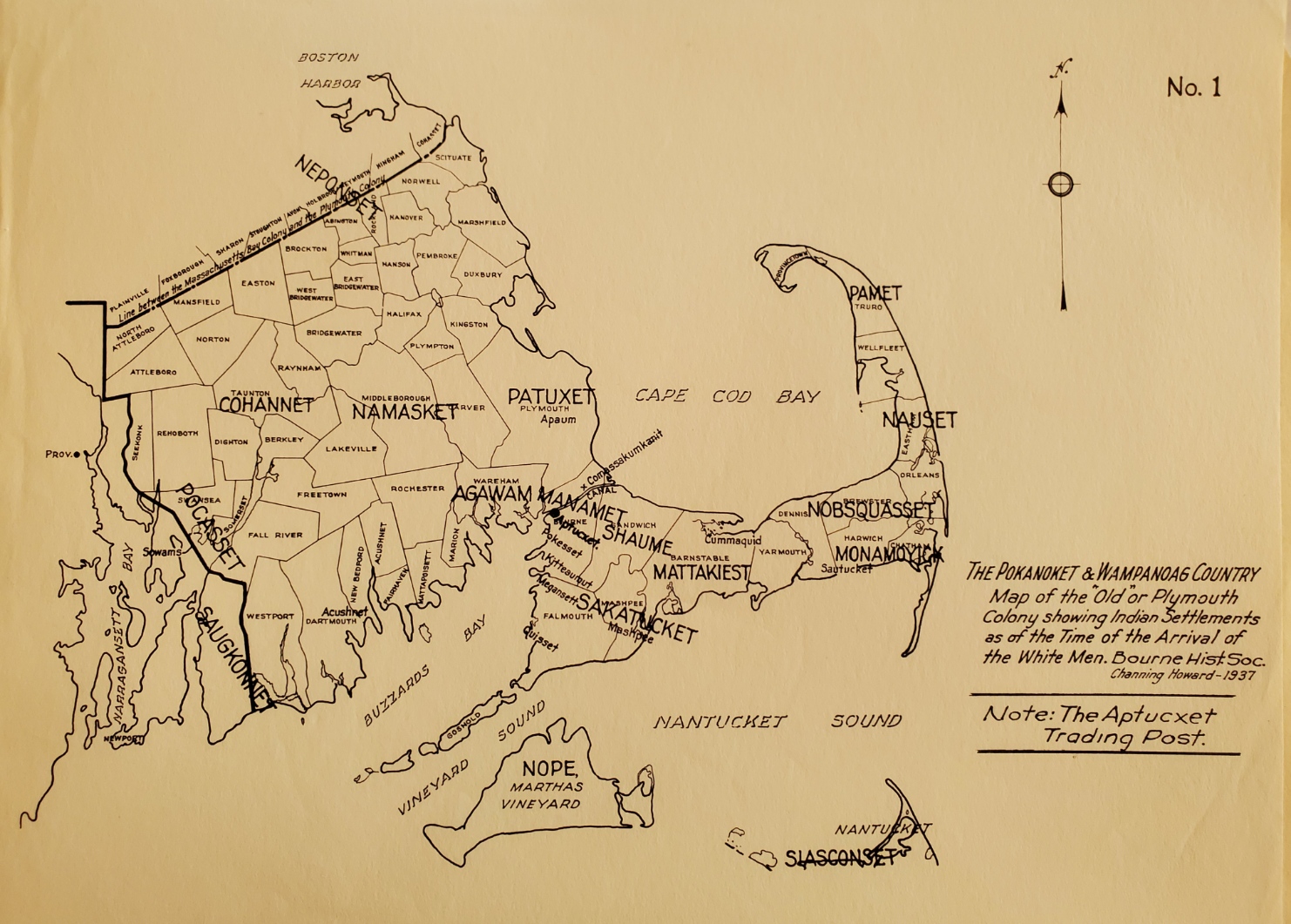Herring Pond Wampanoag asking for 6 Acres in Plymouth MA
February 17, 2020

It’s an innocuous article toward the back of the fall Town Meeting warrant affecting a relatively small hidden property at the southern end of Plymouth. But for the Herring Pond Wampanoag tribe it could be an important step forward.
PLYMOUTH – It’s an innocuous article toward the back of the fall Town Meeting warrant affecting a relatively small hidden property at the southern end of Plymouth. But for the Herring Pond Wampanoag tribe it could be an important step forward.
“Article 29: To see if the town will vote to transfer the care, custody management and control of the parcels listed below… to a non-profit tribal council for the purpose of reclaiming ancient burial grounds…”
It’s less than six acres in total, now owned by the town: a tax title property with a small crumbling cemetery that, if you came upon it perhaps chasing a home run from the Elmer Raymond playground’s fields you would never suspect it is connected to the first interactions between the Pilgrims and Native people.
No, not the Mashpee Wampanoag, or the Aquinnah Wampanoag: the history here involves the Herring Pond Wampanoag, a small Plymouth-based tribe that you may not have heard of before.
“We were the first Native peoples to be assimilated by the Pilgrims,” Tribal Council Chair Melissa Ferretti said this past week. “If you look back the documents suggest that the Herring Pond tribe was a sort of a silent community; all throughout history they speak of us as almost a shy people.”
The graves at the site off Dinah Road are not immediately identifiable as Native American. They are traditional cemetery stones, cracked and faded, the names difficult to make out.
“They go back to the early 1800s,” Ferretti said. “Many of those buried there are direct descendants of the respected elder Love Saunders.”
Respected among other tribe members but largely unknown in the community.
They may have been a shy people, but Ferretti is direct as to the tribe’s intentions. She immediately disposes of the first and largest red herring that may come up. “We are not going to build a casino,” she said.
The tribe is not federally recognized, she points out. As of this moment only the state officially acknowledges its existence. The tribe couldn’t build a casino if its members wanted to. What they want, Ferretti says, “is simple. We want to be able to take care of the cemetery. We would agree to several conditions, including continuing to allow public access to the area (there are well-established walking trails that cut through the property).
“I don’t see any reason why we would want to close those down to others. Hikers are generally respectful. And we would also respect the drainage easement that exists (put in place for an adjacent residential development).”
Does the tribe have greater aspirations?
“We’d like to be federally recognized, but we’re a long way from that now,” Ferretti said.
How many members does the tribe have? Over 100 tribal members now. Ferretti said she believes that number could swell to over 10 times that, once all is said and done.
“It depends on how you define membership,” Ferretti said. “For now we are emphasizing activity, participation.
“Again, our only concern is to protect and preserve that property, to get it into better shape, better condition. Maybe, if we are given the land, we can get a grant to put a bench in, create a little memorial.”
They have little property under the tribe’s name in Plymouth now.
“Our old meeting house, the New Light Baptist Church now, once the Pondville Church,” she notes. “We’re trying to get that back. It was the site of the first Wampanoag powwow in 1924.
“But our real goal is to regain our culture, our language, to maintain our traditions. We need to take care of what we have left.”
This could be an important if small step in that direction, Ferretti says.
Follow Frank Mand on Twitter @frankmandOCM.